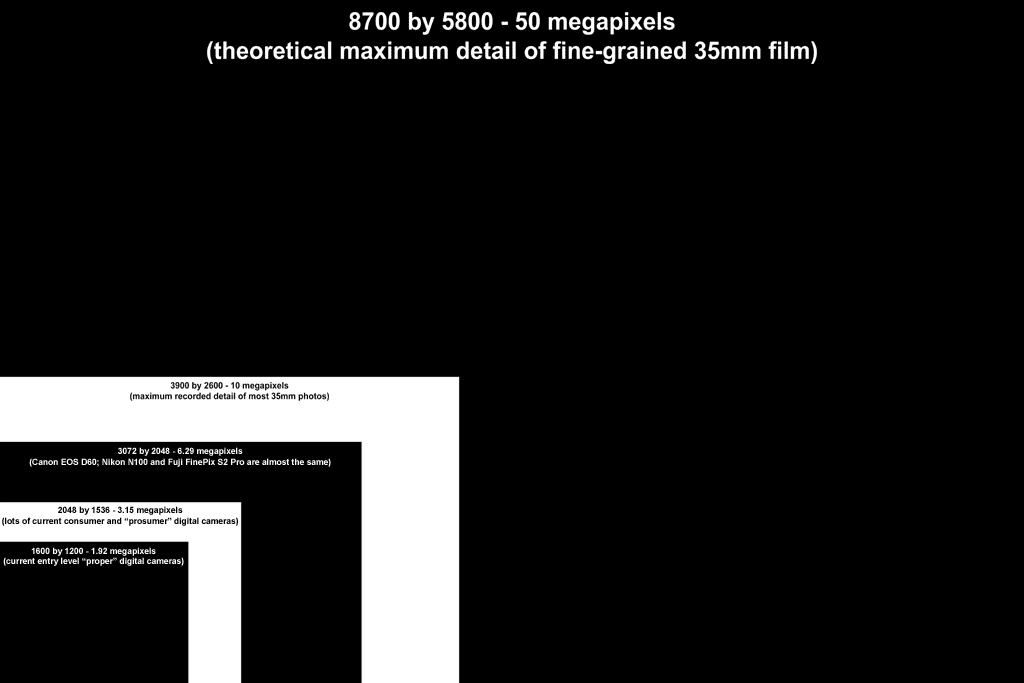NiKKoM said:
no many recent films are upscaled to IMAX.. they have a new technique for that.. a few films like the Dark Knight Rises are actually also shot with IMAX Cameras.. a 4K scan can capture more stuff then a 2K scan, but it isn't really necessary cause as you can see there isn't actually that more information on the original film.. the danger here is that the movie gets upscaled to 4K it can give you actually a worse image quality then 2K.. |
Would it not be beneficial to color resolution though? All digital videos go through 4:2:0 chroma subsampling before compression begins.
Effectively leaving you with 960x540 for color resolution. (That's why upscaling causes color bleeding) I suppose this is not going to change for 4K blu-rays, but those will have 1920x1080 color info when captured from the original.
Is 35mm film good enough to capture full 2K digital color at least?
It should be for Disney movies at least, I read somewhere that they store their movies with the color info split out into separate black and white reels for better conservation. Then they are combined again to make a full color version.






































































